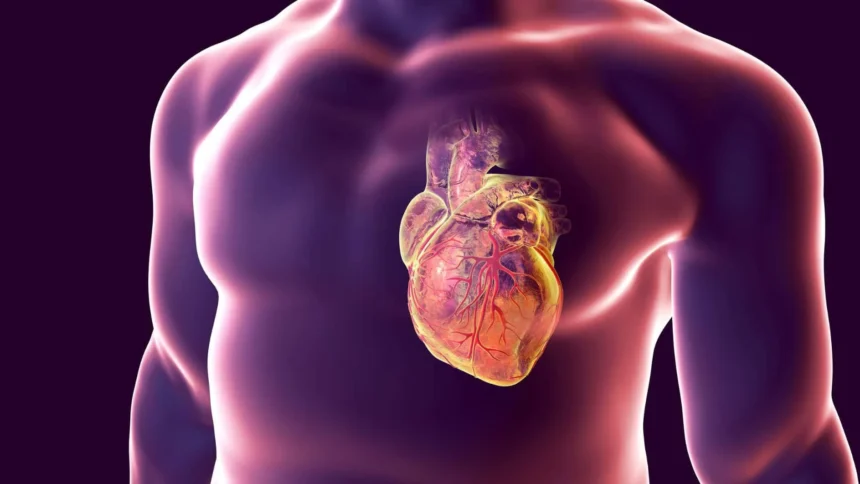Testosterone replacement therapy, or TRT, is a medical treatment designed to address low testosterone levels. Men may experience a decline in this hormone due to aging or specific health conditions, and TRT works to restore these levels to a normal range. This therapy is administered through various methods, including injections, gels, patches, or pellets. Here is more information about the link between TRT and heart health:
Testosterone and Stroke Risks
There is a relationship between testosterone levels and cardiovascular events. Men with testosterone levels in the normal range may have a lower incidence of stroke. While individual results vary, maintaining balanced hormone levels is a component of overall health management. This is something you may wish to discuss with your healthcare provider.
Heart Attack Risk Factors
There may be a connection between normal testosterone levels and improvements in certain heart attack risk factors. TRT may influence body composition by decreasing fat mass and increasing lean muscle mass, which are factors related to cardiovascular wellness. Many men also find improved insulin sensitivity after undergoing therapy, and their total cholesterol and LDL levels may fall. You might find that addressing low testosterone helps you feel more capable of maintaining a healthy lifestyle.
TRT may be associated with a reduction in inflammatory markers. Chronic inflammation is a known contributor to the development of atherosclerosis, a condition where plaque builds up inside your arteries. By potentially lowering these markers, TRT might play a role in supporting blood vessel health, although this is an area of ongoing research. Managing these factors is a part of a comprehensive approach to heart wellness.
It is helpful to know that TRT can positively affect blood pressure. High blood pressure puts extra strain on your heart and arteries, so managing it is a key part of any health plan. Some individuals on TRT have a modest decrease in their blood pressure readings, which contributes to a healthier cardiovascular system.
Production of Testosterone
TRT functions by supplementing the body’s testosterone, not by restarting its natural production. When you begin TRT, your body receives testosterone from an external source, so your own production typically decreases. This is a normal response to the therapy. Your physician can monitor your hormone levels to adjust the treatment as needed.
Libido Changes
Low testosterone typically affects a man’s sex drive, which is linked to the cardiovascular system. By restoring testosterone to a normal range, many men on TRT report a noticeable improvement in their libido. A renewed sex drive is one of the most frequently reported outcomes of the therapy, although each person’s experience is unique. Aspects that can improve include:
- Increased sexual desire
- More frequent sexual thoughts
- Greater satisfaction with sex life
Schedule TRT Sessions Today
Understanding the potential effects of TRT on your heart health and overall wellness is an important step. This information helps you have a more informed conversation with a medical professional about your personal health goals. If you have questions about low testosterone and whether TRT is an appropriate path for you, guidance is available. Reach out to a hormone specialist to schedule a consultation and discuss your health concerns.





